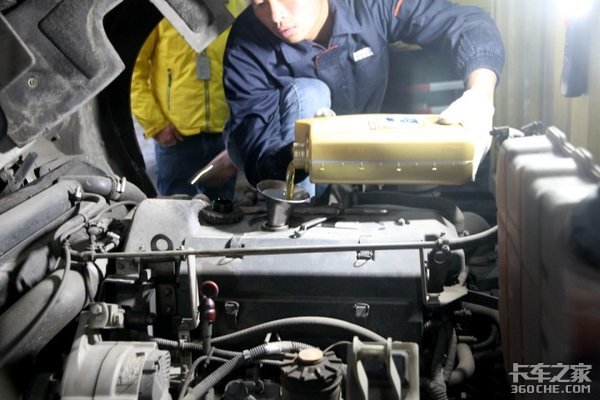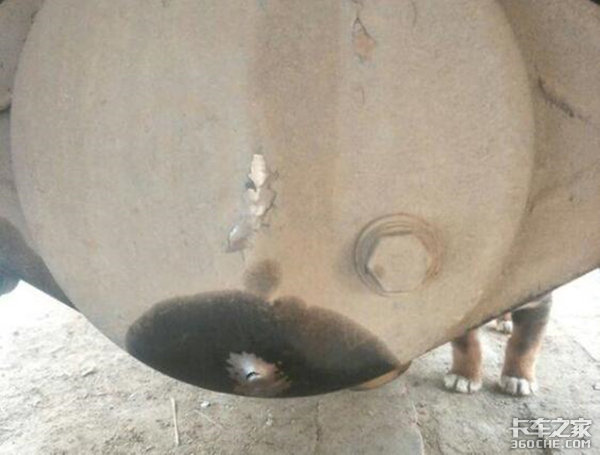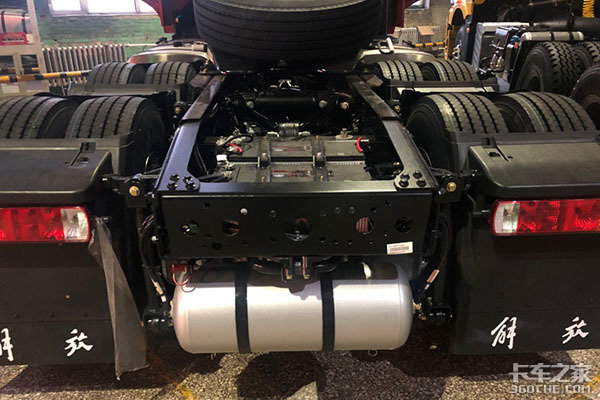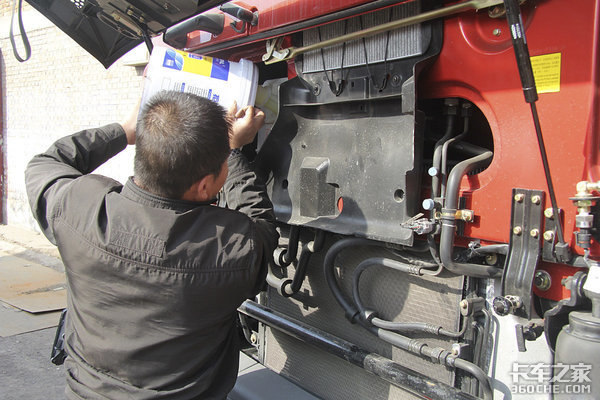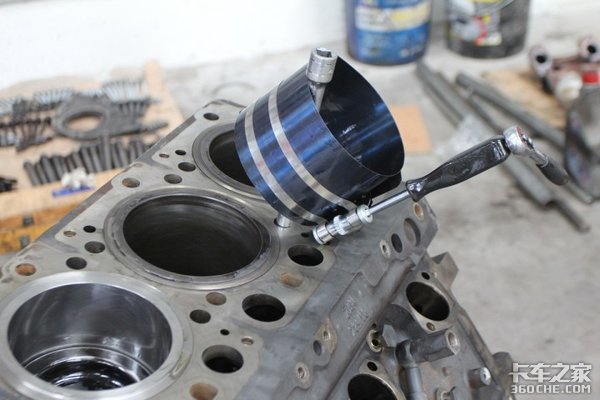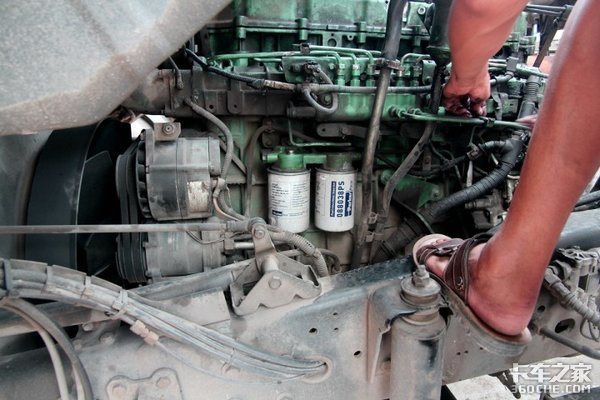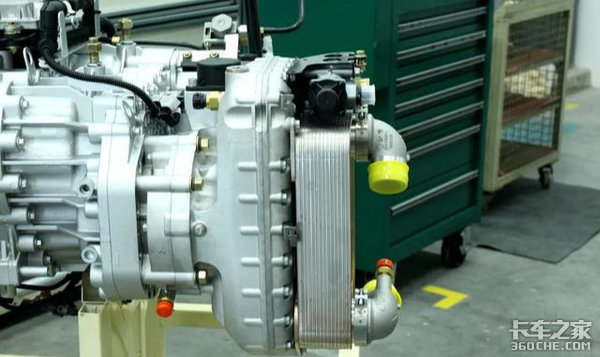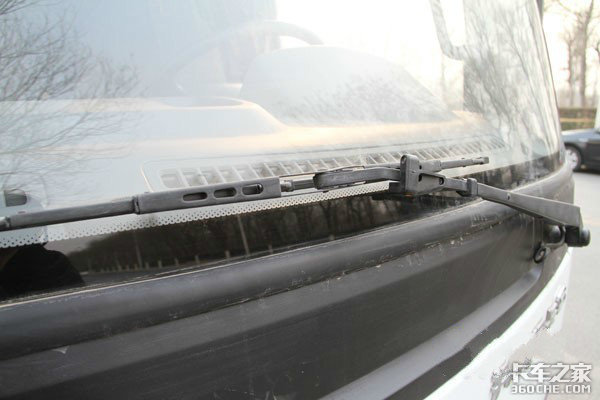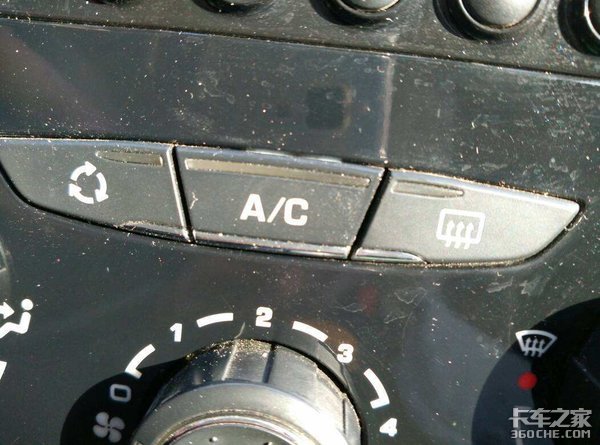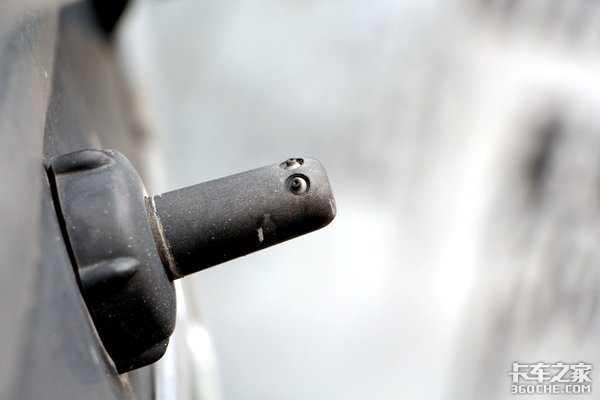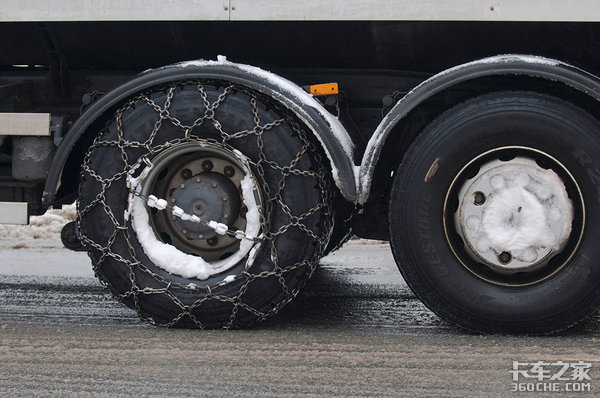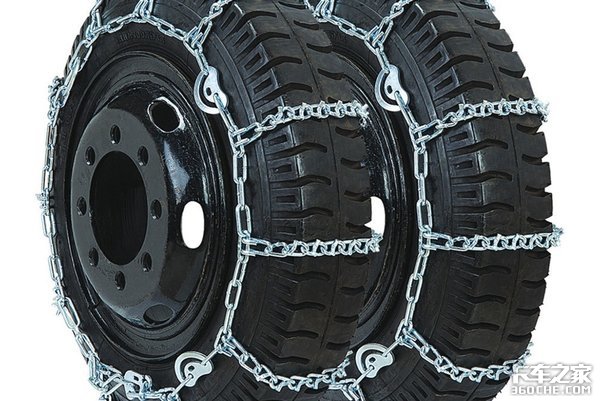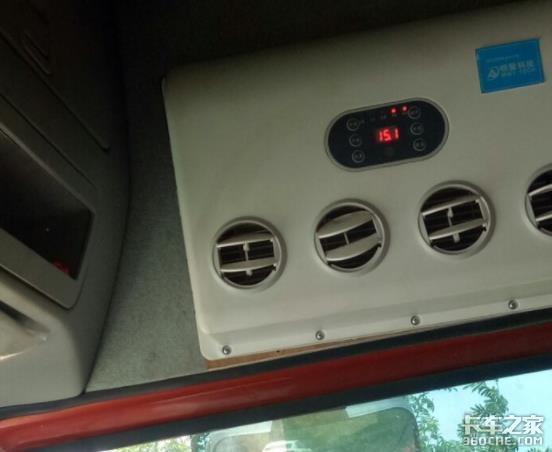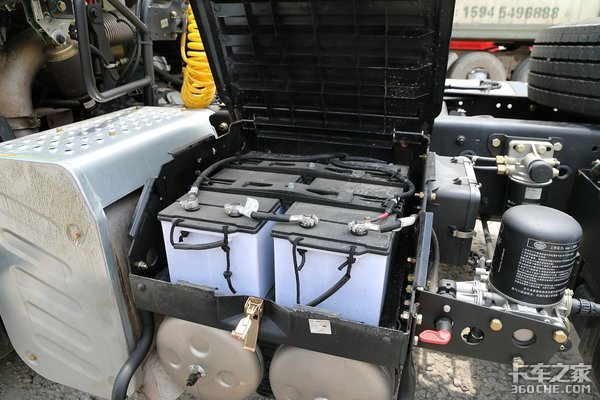11
2025
-
10
Drive steadily in winter, don't take risks! These details are all crucial.
A while ago, I saw quite a few cases online of accidents caused by icy winter roads, most of them chain-reaction crashes. The key reason behind these accidents may be 'carelessness.' As winter sets in and temperatures across the country reach their lowest point of the year, various highways, national roads, and provincial roads in different regions of China begin to experience varying degrees of snow and ice accumulation. In Guizhou province, there are even high-risk road sections with thick fog and freezing rain, where traffic accidents are very likely to occur.So, what should drivers pay extra attention to before driving in winter? Today, I’m sharing some tips, and if anything is missing, I invite fellow drivers to add their suggestions in the comments to help ensure winter driving safety.▎Pay attention to the vehicle's oil and fluid levels – frequent checks ensure safety.
First, let's talk about vehicle inspection and maintenance. In the past, during vehicle maintenance, the adaptability of engine oil in cold regions was often overlooked. Extremely low temperatures can affect the viscosity of the oil, making it thicker. After a vehicle has been parked overnight, this situation becomes more severe, making it difficult to start the engine. If you have to spend a long time in cold regions during winter, you need to consider switching to lower viscosity oil. Of course, some trucks now come equipped with an engine oil preheating system, so choosing the right oil and having better equipment is certainly a bonus.
Choosing the right diesel is also very important. In northern regions, temperatures are generally below 0°C, and regular grade diesel will definitely gel under such conditions. Therefore, if drivers frequently travel in these areas, they must choose lower-grade diesel to minimize the risk of gelling.
因为金属疲劳及冬季金属易脆的特性,行驶在路况比较差的路段时,底盘可能发生磕碰而导致发动机油底壳、变速箱油底壳、油箱等位置形成破损从而影响运输效率和行车安全,所以在每次驻车后或是行车前都应该及时对底盘进行检查及维护。当然,必要的底盘检查是随时都需要进行的,这也是一个职业司机应该具备的基本操作。
The truck's air storage tank also needs timely maintenance when in use, because compressed high-pressure air can easily condense moisture in the tank, which can lead to problems in the braking system. In particular, after entering winter, accumulated water should be promptly dealt with, otherwise it can easily cause the pipelines to freeze. In addition, special attention should be paid to whether the air dryer is functioning normally. If the air dryer loses its original function, it may cause the pipelines to freeze, thereby affecting braking safety. Therefore, it is very necessary to inspect and replace the air dryer before the onset of winter.
Regarding antifreeze, it is important to note that in winter temperatures, the freezing point of the antifreeze is a key factor in making a choice. Generally, the freezing point should be about ten degrees lower than the lowest temperature. Long-lasting antifreeze can also be chosen, but in extremely cold weather, it is necessary to check whether there is any ice formation inside after the vehicle has been parked overnight.
At the same time, we would like to remind all car owners that antifreeze should not be mixed with water, as the large amount of impurities in water can clog or even corrode the pipes, affect heat dissipation, and cause irreversible damage to the intercooler and engine over prolonged use.
Water sprinklers are an important topic for driving in winter that cannot be ignored. Although hydraulic retarders have begun to be widely promoted at present, most trucks still use water sprinklers to solve the problem of brake drum overheating.
There are not many negative effects in summer, but in winter, water sprinklers are strictly prohibited in some provinces and cities. Why is that? The main reason is that water sprayed by the sprinklers onto the tires can flow to the ground. In cold regions during winter, the ground can easily form black ice. Black ice is also known as an invisible killer, which explains why their use is banned in certain areas.
Therefore, when driving on icy and slippery roads, you must drive very cautiously, avoiding sudden braking or aggressive acceleration as much as possible. More importantly, you should drive with foresight to minimize the chance of unexpected situations. So, does a hydraulic retarder make winter driving completely safe? Of course not. Many hydraulic retarder manuals and related training emphasize that in winter, you should use a hydraulic retarder cautiously on wet and slippery roads. In particular, directly choosing a high gear setting on the hydraulic retarder for braking is extremely dangerous.▎ Keep tires and wipers well-maintained, and think ahead when driving in winter.
The wiper system is also a major area affecting driving safety. Most trucks do not have windshield washer fluid heating or windshield heating devices. It is common for windows or washer fluid tanks to freeze. Therefore, wipers should be replaced promptly after severe wear because exposure to low temperatures in winter increases the risk of worn wipers breaking.
Here's a little tip: if in winter you find your car windows iced or frosted the next morning, you can cover the windshield with cardboard or a cloth to solve the frost problem. Of course, if the temperature is not too low, a ladle of warm water can also quickly remove the ice. Be careful, as water that is too hot can cause the glass to crack. Of course, you can also use the car's air conditioning to solve this, but it may be much slower. Additionally, if your car is equipped with a heated windshield, it can be done in no time; however, such features currently seem to only appear on high-end Iveco trucks.
The choice of windshield washer fluid is equally important. Low temperatures in winter can cause the fluid to freeze, so when selecting fluid for winter, it is best to choose one with a lower freezing point. Washer fluids with freezing points of -20°C and -35°C are both easily available on the market. Truck drivers should also be careful not to have too much moisture on the cloth when wiping the windshield during extremely cold weather, as it can cause the freshly wiped water to freeze on the windshield.
Tires are also a component that requires constant attention during winter driving. Due to the characteristics of rubber, the tread of tires often becomes brittle and hard in winter. Coupled with tire wear, tires are very prone to cracking at this time, which increases the likelihood of accidents. Therefore, it is important to regularly replace and maintain your tires.
▎Pay attention to detail inspections to prevent potential problems and ensure safe travel.
You should also pay attention to the supplies in the vehicle, making sure to carry items such as fire extinguishers, snow chains, industrial salt, shovels, and wheel chocks. Snow chains are especially important. Truck drivers who frequently travel on national highways know that during winter, as the altitude increases while going up the mountains, it often snows and the roads become icy. Snow chains are essential; if you forget them or don’t have them installed, climbing slopes and similar tasks will become much more difficult, especially for single-drive vehicles on national highways.
For tractor truck models, extra attention should be paid to whether the electrical connections are normal. Especially the trailer's tail light control—during winter, there is often heavy fog or extreme weather. If the lights on the trailer or the entire vehicle have any issues, the likelihood of rear-end collisions or being rear-ended will significantly increase.
Many vehicle models now offer a parking heater setting, and many truck drivers have praised this feature. While resting in the vehicle during winter, the parking heater can make drivers feel the warmth of home. However, drivers should be especially careful when using this feature. From the widely discussed 2019 'Little Huihui Couple’s Death in Tibet' incident, it can be understood that when using the parking heater in the cabin, it is crucial to maintain air circulation. Never allow the cabin to become a sealed space, which could lead to oxygen deprivation and accidents. Slightly opening a window or sunroof can effectively prevent this issue.
With the addition of the parking air conditioner, the vehicle's electrical system is also an area that needs attention. When winter arrives, the battery power of most vehicles drops significantly, as low temperatures reduce the battery's activity. Therefore, truck drivers whose vehicles already have starting issues should replace the battery in a timely manner to ensure smooth ignition.
Finally, a reminder to all truck drivers: before driving in winter, it is essential to ensure adequate rest time, because there are many unpredictable factors that can affect driving during winter, such as entering or exiting tunnels, bridges where there may be 'black ice' on the road, or situations requiring sudden braking while in motion. Therefore, avoid driving while fatigued. Being in a fully alert state will help you handle emergencies more safely, thereby further ensuring driving safety.Most importantly, when driving in winter, always choose an appropriate speed; there is no need to drive fast.● Editor's Note:During winter driving, many truck drivers tend to be less thorough or even careless with pre-driving inspections due to the cold weather. This, in fact, is largely like playing with their own and others' safety. Regardless of time or place, necessary checks before starting or after parking are indispensable. Often, it is omissions in the details that lead to problems.




